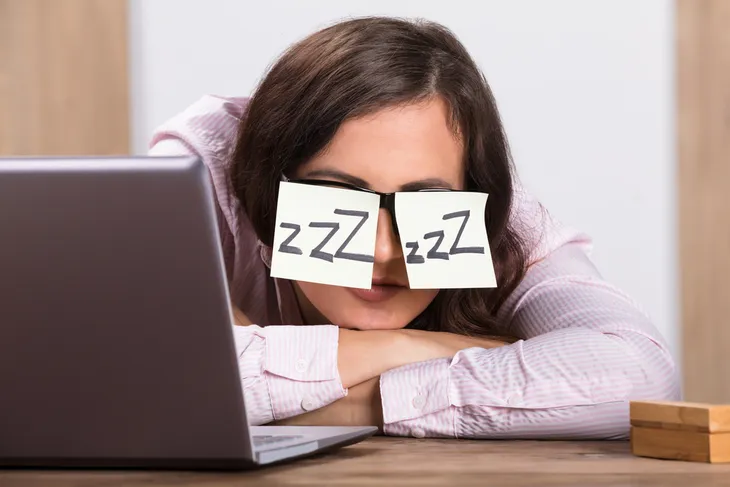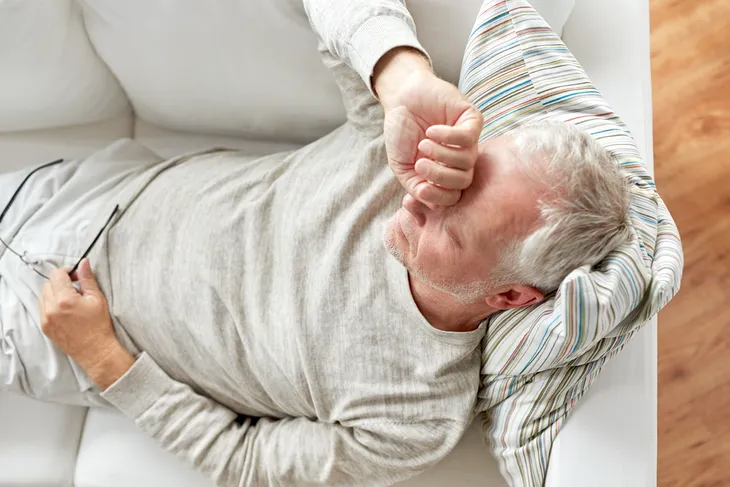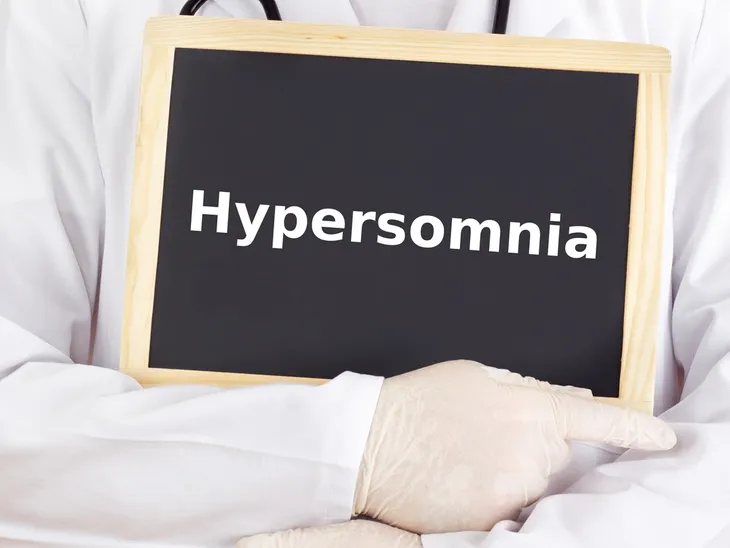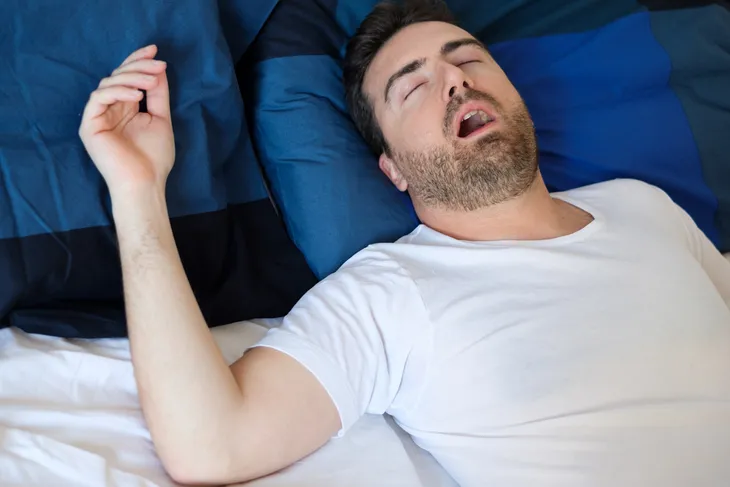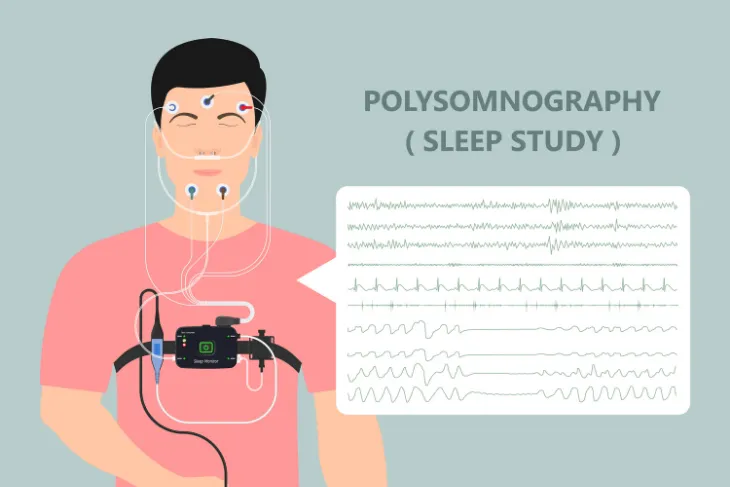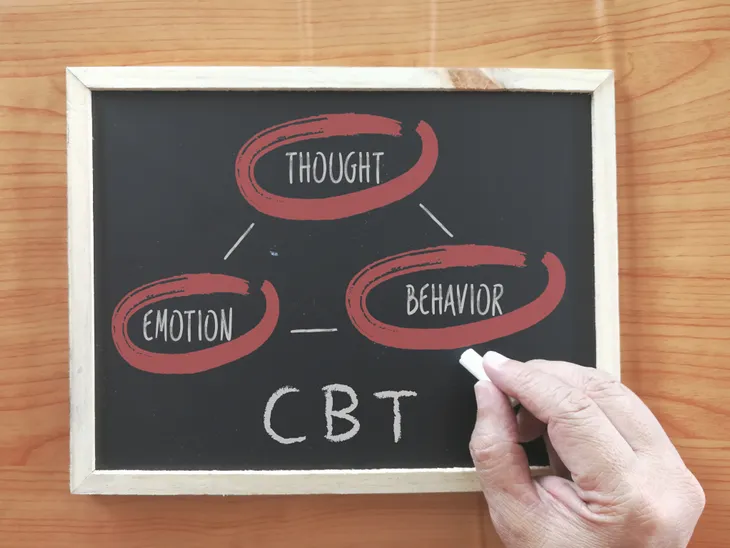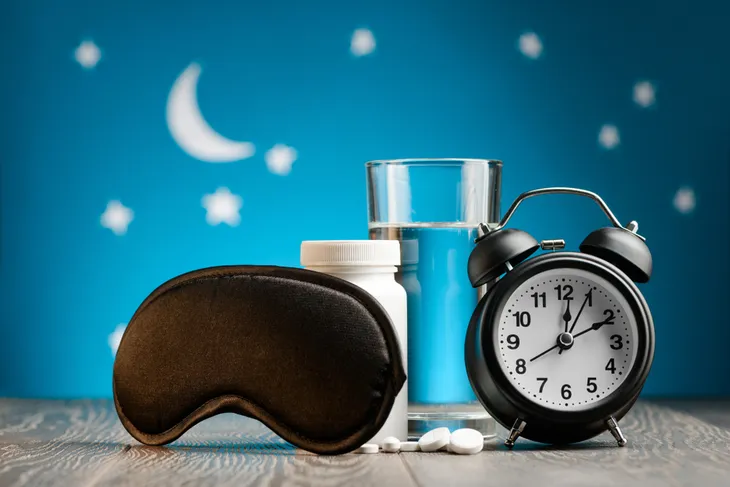Have you ever experienced excessive daytime sleepiness, finding it challenging to stay awake even during the most important moments? If so, you might be dealing with hypersomnia, a sleep disorder characterized by prolonged and excessive sleepiness. Fortunately, you can learn everything you need to know about hypersomnia with a search online right now, which could help you spot the early warning signs.
What Is Hypersomnia?
Hypersomnia, often referred to as excessive daytime sleepiness (EDS), is a medical condition that describes both excessive times spent sleeping and excessive daytime sleepiness. Sufferers may find it difficult to get through the day without taking a nap, or they may fall asleep throughout the day.
There’s a difference between being overworked and hypersomnia. Consistency of symptoms, for instance, is one such distinguishing factor. The symptoms of hypersomnia don’t just go away with rest. In fact, sleeping rarely helps much at all. It’s common too, affecting roughly 6-percent of the general population right now.
Signs and Symptoms of Hypersomnia
It may be difficult to distinguish between symptoms of hypersomnia and modern burnout, which is why understanding those symptoms is so critical. Knowing what to watch for, and seeking appropriate medical care, is the only path to recovery.
The primary symptom of hypersomnia is excessive sleepiness, creating daily habits like frequent sleeping during the daytime and excessive sleeping at night.
Complications
Hypersomnia can lead to several complications. Some individuals may have difficulty waking up, even to their alarms. It can even interfere with your social life and work life.
Other complications can also include anxiety, irritation, restlessness, slow speech, hallucinations, reduced appetite, memory problems, and difficulty concentrating.
Causes of Hypersomnia
There are two distinct types of hypersomnia, separated by their cause. Primary hypersomnia is one such type. Cases of primary hypersomnia are believed to be caused by problems in the brain systems that moderate waking and sleeping functions.
Secondary hypersomnia is more common and is used to describe cases that develop because of other contributing factors. Excessive alcohol use and medications can contribute to the development of hypersomnia. As can head injuries and low thyroid function.
Risk Factors
There are a few factors that may increase your risk of developing hypersomnia. For example, Healthline says, “People with conditions that make them tired during the day are most at risk for hypersomnia.” Some of these include heart conditions, brain conditions, kidney conditions, sleep apnea, and atypical depression.
Finally, some individuals may have a genetic predisposition to hypersomnia which can increase their risk too.
When to See a Doctor
It’s important to point out, feeling tired occasionally or feeling the need to nap during the day is normal and not always a cause for concern. You can feel this way simply from staying up too late or having a restless sleep.
However, when you begin experiencing excessive sleepiness often and without an exact cause, you should talk to your doctor. It’s especially important that you speak with your doctor if these symptoms are interfering with your work or social life.
Diagnosing Hypersomnia
If you think you’re experiencing symptoms of hypersomnia, book an appointment with your doctor. They can review your medical history, review your symptoms and perform a variety of tests to diagnose the condition. They may recommend that you keep a sleep diary to track your sleeping patterns.
Other tests they may use include the Epworth Sleepiness Scale which rates your sleepiness or they may require multiple sleep latency tests which entails monitoring a nap during the day. Finally, your doctor may request a polysomnogram. This requires you to stay overnight at a sleep center where they can monitor your brain activity, heart rate, breathing function, and oxygen levels.
Treatment: Behavioral Therapy
If excessive daytime sleepiness is preventing you from accomplishing your goals, negatively impacting your social life, or just weighing you down, connect with a local medical professional and get on the path to getting better. Treatment can vary widely depending on the patient’s particular situation.
For starters, a doctor might recommend cognitive behavioral therapy to strengthen the patient’s sleep routine. Medical News Today says, “This behavioral intervention aims to strengthen cues for going to bed and weaken cues for wakefulness.”
Treatment: Medications
Doctors may prescribe stimulants to combat symptoms of sleepiness. If they determine that a patient’s hypersomnia is the result of another primary condition and prescribe medications to treat those conditions first. The type of drugs they recommend will also depend on what medications they are currently taking.
The important thing to note here is that hypersomnia is common and treatable. So be sure to reach out to your primary care physician should you spot the warning signs of hypersomnia.
Treatment: Lifestyle Changes
Along with your prescribed treatment, your doctor will also likely recommend a few lifestyle changes to help treat the condition. For starters, you’ll want to try and keep a regular sleeping schedule. You may need to craft a more peaceful sleeping environment and avoid certain activities right before bed in order to get a better night’s sleep.
Your doctor may also recommend dietary changes. A high-nutrition diet is essential for maintaining energy levels.
The Outlook
The good news is hypersomnia is often manageable with the help of treatment. Primary hypersomnia can be managed but it may have lifelong consequences. For example, you may have to give up driving.
If you have secondary hypersomnia, your doctor may need to treat other conditions first. After treating the underlying condition, your symptoms of hypersomnia may disappear. Ultimately, your outlook will depend on the cause.
Prevention
Hypersomnia is a common condition that causes persistent feelings of sleepiness throughout the day and excessive periods of sleep at night. It can develop on its own, or it can be a symptom of another, more serious condition. Thankfully, it can be treated with behavioral therapy or medications.
Preventing hypersomnia isn’t always possible but there are a few things you can do to help reduce your risks. It requires changing or protecting your sleep habits, avoiding alcohol, and you can do your best to stay away from medications that cause drowsiness. All of these strategies take time, but the end results are most definitely worth the trouble.

